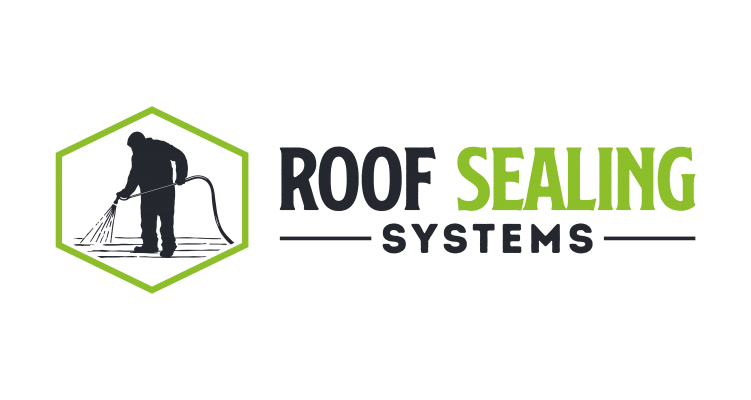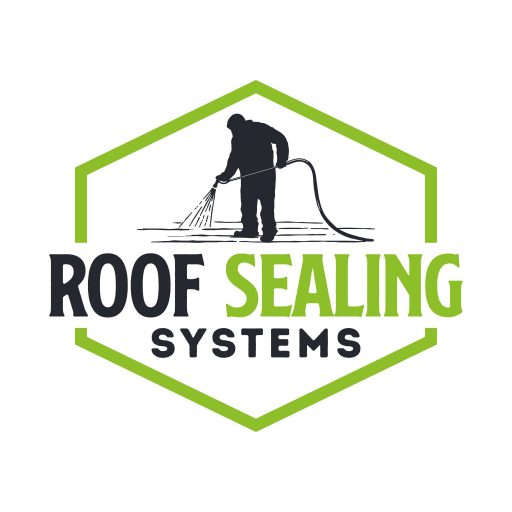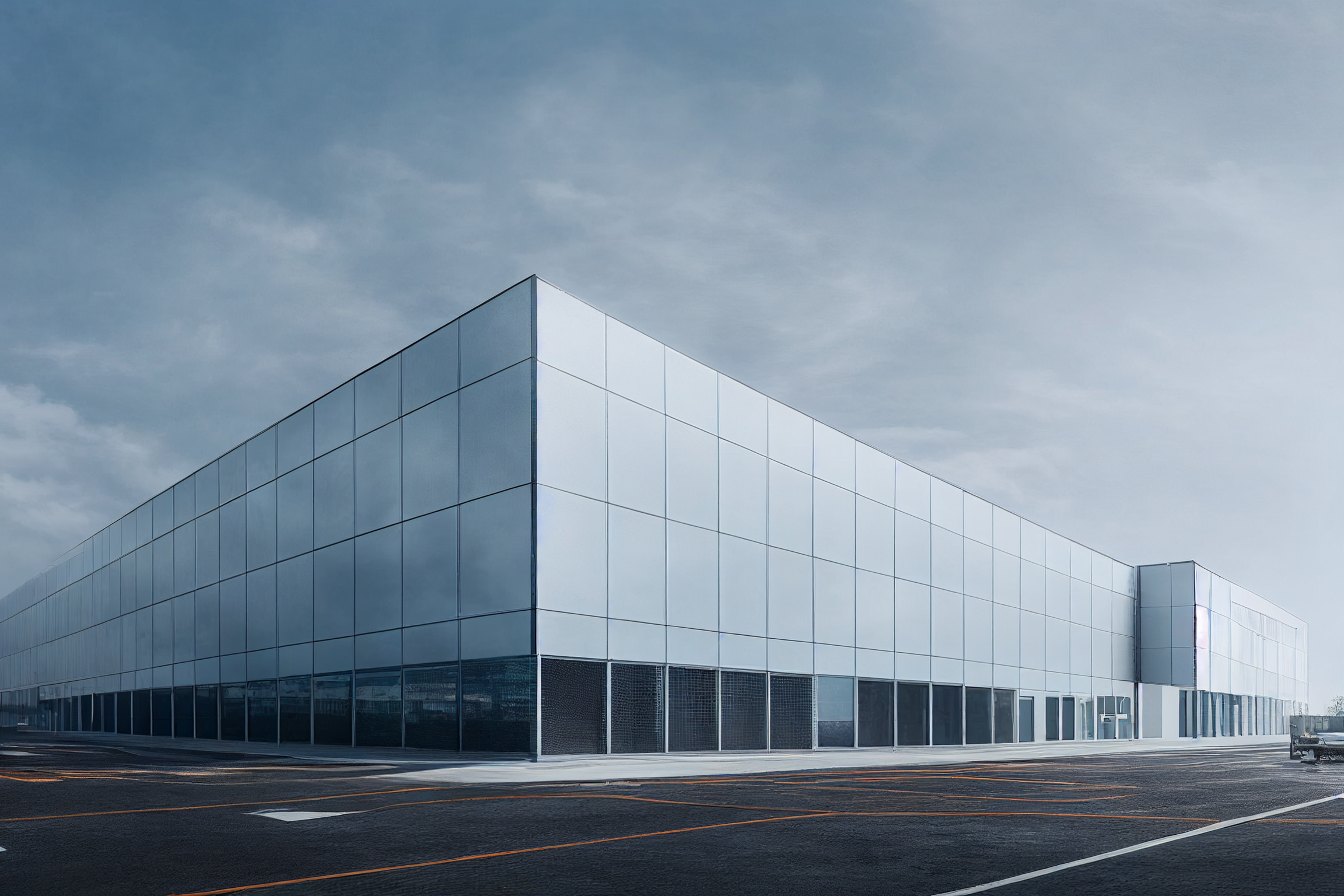The Pros And Cons Of Putting Silicone Roof Coating On Your Commercial Building
If you’re looking to increase the lifespan of your commercial building’s roof, there are a number of factors that you’ll need to consider. This article will break down some of the benefits and drawbacks of silicone roof coatings and help you decide what might be best for your situation.
What is silicone roof coating?
Silicone roof coating is a type of roofing material that is made from silicone. It is typically used on commercial buildings and is known for its durability and weather resistance. However, there are some pros and cons to using silicone roof coating on your commercial building.
Pros:
1. Silicone roof coating is very durable and can withstand extreme weather conditions.
2. It is also very resistant to UV rays, making it ideal for protecting your commercial building from the sun’s harmful rays.
3. Silicone roof coating can also help reflect heat away from your building, keeping it cooler in the summer months.
4. This type of roofing material is also low maintenance and easy to clean.
Cons:
1. One of the biggest disadvantages of using silicone roof coating is that it is a bit more expensive than other types of roofing materials.
2. Another downside to this type of roofing material is that it can be difficult to repair if it becomes damaged.
3. Silicone roof coating also has a shorter lifespan than some other types of roofing materials, so you may need to replace it more often.
How does silicone roof coating work?
Silicone roof coatings are a type of fluid-applied roofing system. They are typically applied in a two-coat process, with the first coat serving as a primer and the second coat providing the waterproofing layer. Silicone roof coatings can be applied to most types of roofs, including metal, asphalt, concrete, and fiberglass.
One of the main benefits of silicone roof coatings is that they are highly reflective. This can help keep your building cooler in the summer months by reflecting sunlight away from the surface. In addition, silicone roof coatings are also very durable and can last for many years without needing to be replaced.
There are a few drawbacks to silicone roof coatings as well. One is that they can be quite slippery when wet, so it is important to make sure that anyone who is walking on your roof is aware of this hazard. In addition, silicone roof coatings can be difficult to remove if you ever need to make repairs to your roof.
The benefits of silicone roof coating
There are many benefits to applying silicone roof coating to your commercial building. Silicone roof coatings are highly reflective, which can help keep your building cooler in the summer and reduce your energy costs. They are also very durable, lasting up to 10 years or more with proper maintenance. Silicone roof coatings can also help extend the life of your roof by protecting it from the elements and UV rays.
There are a few things to keep in mind when considering silicone roof coating for your building. First, because it is applied as a liquid, it can be difficult to apply evenly and may require more than one coat. Second, it is important to make sure that any cracks or holes in your roof are repaired before applying the coating, as it will not adhere well to damaged surfaces. Finally, silicone roof coatings can be quite slippery when wet, so take care when walking on your roof after application.
The disadvantages of silicone roof coating
If you are considering silicone roof coating for your commercial building, it’s important to weigh the pros and cons before making a decision. One of the biggest disadvantages of silicone roof coating is the cost. Silicone roof coating can be significantly more expensive than other types of roof coatings, so it’s important to make sure that it’s the right investment for your property.
Another downside of silicone roof coating is that it can be difficult to apply. Unlike other types of roof coatings, silicone must be applied in multiple thin layers in order to achieve the desired results. This can add time and expense to the installation process. Additionally, because silicone is a fairly new product, there is not a lot of data available on its long-term performance. So if you choose to go with silicone roof coating, be aware that you may be taking somewhat of a risk.
Conclusion
When it comes to commercial roofs, there are a lot of different options out there. Silicone roof coating is one option that has its pros and cons. Ultimately, the decision of whether or not to put silicone roof coating on your commercial building depends on your specific needs and goals. Weigh the pros and cons carefully to make the best decision for your business.


